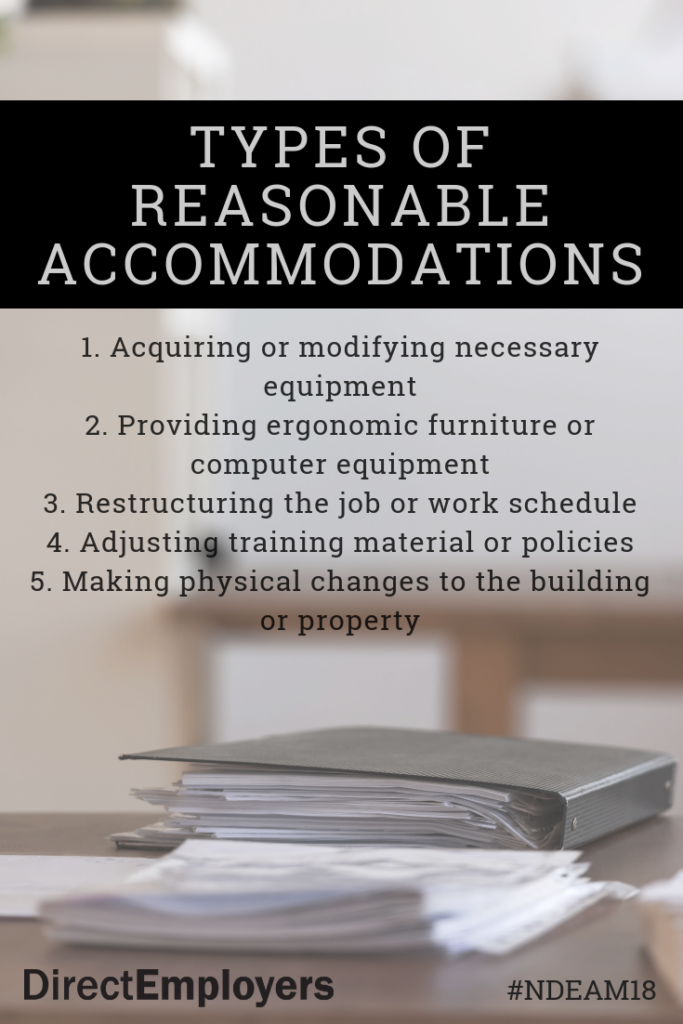Despite a desire to build a diverse workforce and a willingness to help, accommodation requests can often be an uncomfortable work situation to address. What are the grounds for a valid request? If it is determined that one is not needed, how does one have that conversation? The potential pitfalls are innumerable.

Next, it’s important to understand that employers have a duty to provide a reasonable accommodation per an employee’s request, unless it causes the employer undue hardship. Some may question, “What is undue hardship?” A good benchmark is to think about what the cost would be in relationship to the size of the company. If it’s financially feasible for a company to provide an accommodation without putting themselves in financial harm, then they have a duty to do so. If the employer isn’t able to provide the specific accommodation requested, Lindsay recommends having a conversation with the employee to explore other options. For example, if an employee needs to have a space heater, but the wiring in the building doesn’t support that, perhaps offering hand warmers or an electric blanket can be other viable options.
Lindsay lists several types of reasonable accommodations including:
- Acquiring or modifying necessary equipment
- Providing ergonomic furniture or computer equipment
- Restructuring the job or work schedule
- Adjusting training material or policies
- Making physical changes to the building or property
For ArcBest, however, determining the process and documenting all conversations were paramount in the success, sustainability and consistency of the program. Taking the time to write out specific actions and follow-up items helped them remain consistent in their efforts. Document all conversations via email or certified mail has also provided them peace of mind that they have proof of their efforts and decisions in the event of an audit.
Accommodation requests can seem treacherous to some employers. But, given the right amount of time to explore the right solution, both sides can come together for a solution. If you happened to miss our recent Membership 101: Accessibility and Accommodations webinar, check out the recording in the Member community in Connect, or reach out to Lindsay in the community forum with questions.

